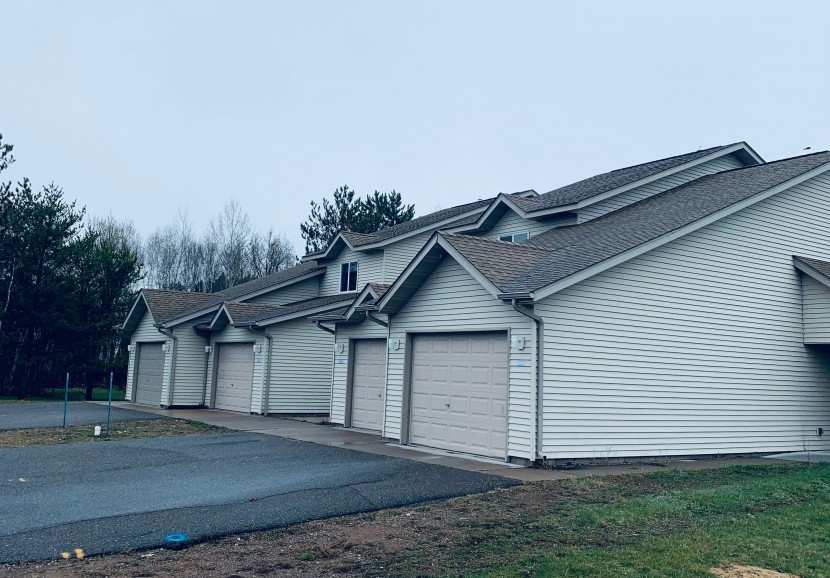
By Brett Larson Inaajimowin Editor
In coming months, supportive transitional housing opportunities will be open to Band members in Districts I, II, IIa, and III, thanks to a partnership between Aanjibimaadizing and the Housing Department.
The Zakab Biinjina ("peace within") project is an expansion of the program begun on the Okwemin Loop in District I by the former Wraparound program. The current plan is for 20 units in District I, two in District II, four in Wahkon (serving District IIa). and 12 in Hinckley (District III).
Wraparound, which was under Health and Human Services at the time, is now called Facilitated Services and is part of Aanjibimaadizing — which falls under the Department of Administration.
According to Aanjibimaadizing Executive Director Tammy Wickstrom, the program works with many clients who are facing homelessness, which affects their ability to find employment. "It's hard to get a job if you don't know where you're going to sleep at night," she said.
Kristian Theisz is the Aanjibimaadizing Community Services Director. "It's important to stress that this is transitional housing, not emergency housing, like the Minobimaadiziwin or the women's shelter," he said. "In order to be part of this program, you need to be working a case plan with Aanjibimaadizing for three months prior to placement."
As an example, if a person is just getting out of treatment and needs a place to live, this is not an option unless they first enroll with Aanjibimaadizing and successfully work a case plan for three months.
A case plan includes setting goals and making progress — which may mean getting a driver's license or GED, enrolling in classes or job training, holding down a job, starting a bank account, setting a budget, or working towards family reunification.
It all fits in with Aanjibimaadizing's main goal: helping Band members become self-sufficient.
"Clients have to be active participants," said Kristian. "The goal of Facilitated Services is to teach a process of problem solving. It's not to solve people's problems but to educate families in how to use their natural and professional supports to create options and take steps until they find success. If we don't teach that process, we've just become a problem solver and haven't done anything to break the cycle."
Everyone in the Zakab Biinjina program will have a case manager and a facilitator. Case managers will work with clients on education and work experience that will help move families forward. Facilitators will help with more complex issue to deal with that require more time and planning.
"The combined efforts of the case managers and facilitators will help clients to set goals and identify resources to meet their goals," said Kristian.
Zakab Biinjina is safe and sober housing. Alcohol or drug use and criminal activity will not be allowed in any of the units.
"If folks have the responsibility with their probation agent to be in sober housing, we are not at that level of providing certified sober housing," Kristian added. "But we are requiring sobriety for living in the housing."
"Many people need that environment to support their wellbriety," said Tammy.
Although Aanjibimaadizing will cover the rent through a lease with the Housing Department, clients will be responsibile for a maintenance fee. Help will be available for those with financial barriers.
The program will also include training in basic home maintenance.
As a transitional housing program, the time limit is one year, which may be extended for another year with extenuating circumstances.
The goal is to work with clients to find permanent housing within the Band or in the private market, whether it's a rental unit or a mortgage.
Tammy is hopeful that the program might help those who have been banned from Mille Lacs Band housing to address the issue with the Housing Board.